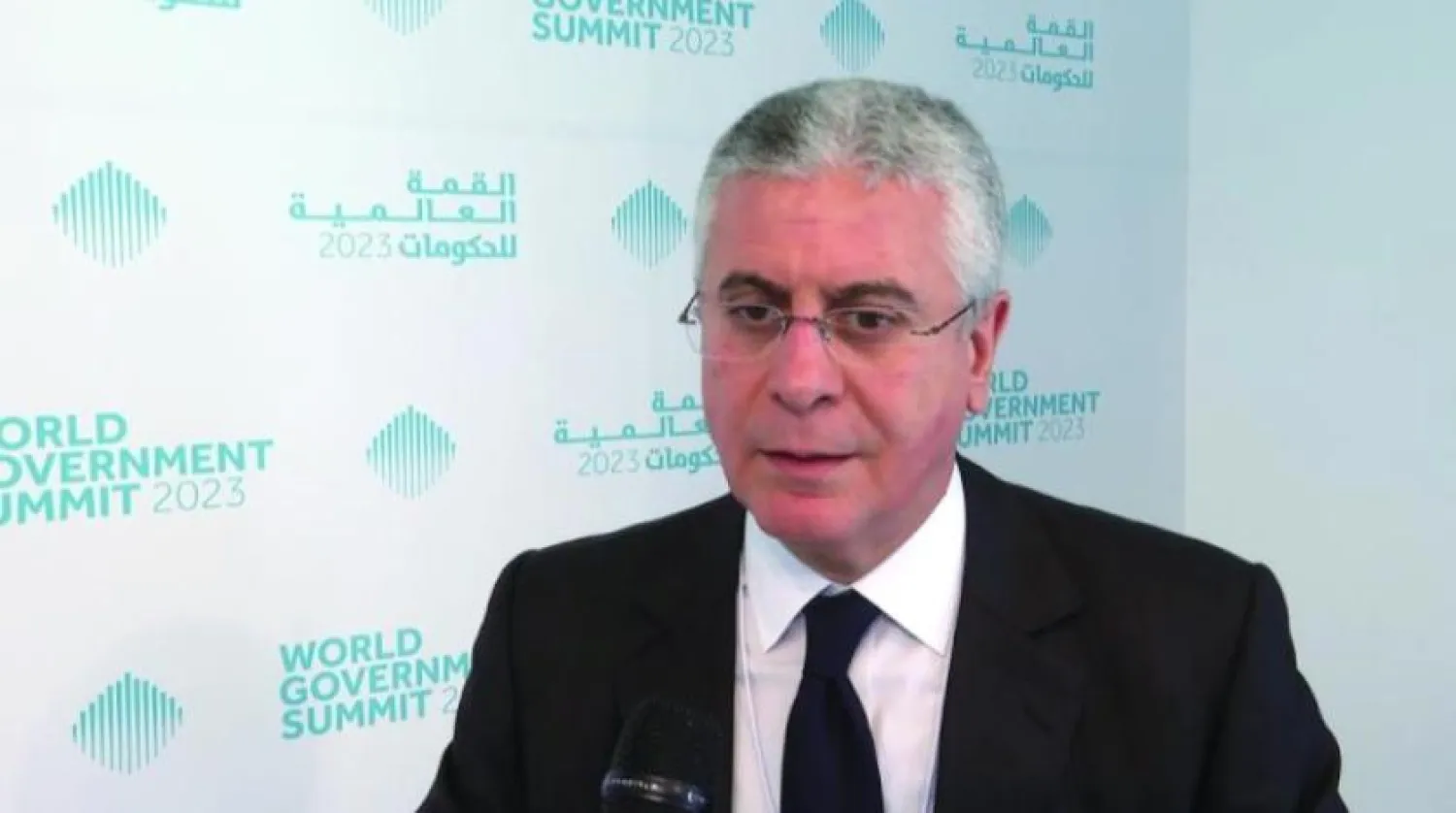Middle East and North Africa (MENA) countries should follow the lead of Saudi Arabia, the United Arab Emirates, and the Gulf states in economic reforms, said World Bank Vice President for Middle East and North Africa Ferid Belhaj.
Belhaj explained that Gulf countries worked on deep and structural reforms by opening up their economies to various sectors.
Speaking to Asharq Al-Awsat, Belhaj said the Gulf countries, especially Saudi Arabia and the UAE, provide a model for regional governments in developing the economy by leaving the old economic and development patterns.
He noted that the countries established new economic and development patterns and systems, which yielded positive results.
Morover, economic reforms, the growth of non-oil activities, and efficient spending promoted Saudi economic growth.
The Kingdom's real GDP recorded an 8.7 percent growth in 2022, compared to 2021, which made it the fastest growing in the world, while the UAE is expected to register a 4.1 percent growth during 2023.
Asked about the World Bank's priorities in the MENA region, Belhaj named the three most important priorities, including climate change, which has a clear impact on the region, the issue of public debt, and employment, especially among women.
He explained that many countries, such as Tunisia, Egypt, Jordan, and Lebanon, have huge public debts, and women's employment levels are very low.
Belhaj noted that inflation was also among the critical issues, along with water availability, which has become an acute problem in the MENA region.
The official stressed the state's role in reforming the economy, urging the authorities to grant the private sector and youth the opportunity, which constitutes opportunity to overcome the current situation.
Belhaj noted that the region witnessed a high-level growth during 2022, which will gradually drop in the current and upcoming two years but at a different level in all countries.
General growth in the region, which was 5.2 percent in 2022, could decrease in the next two years to 3 or 2.5 percent, said the official, noting that these levels remain predictions that are prone to change depending on the development in the coming months.









